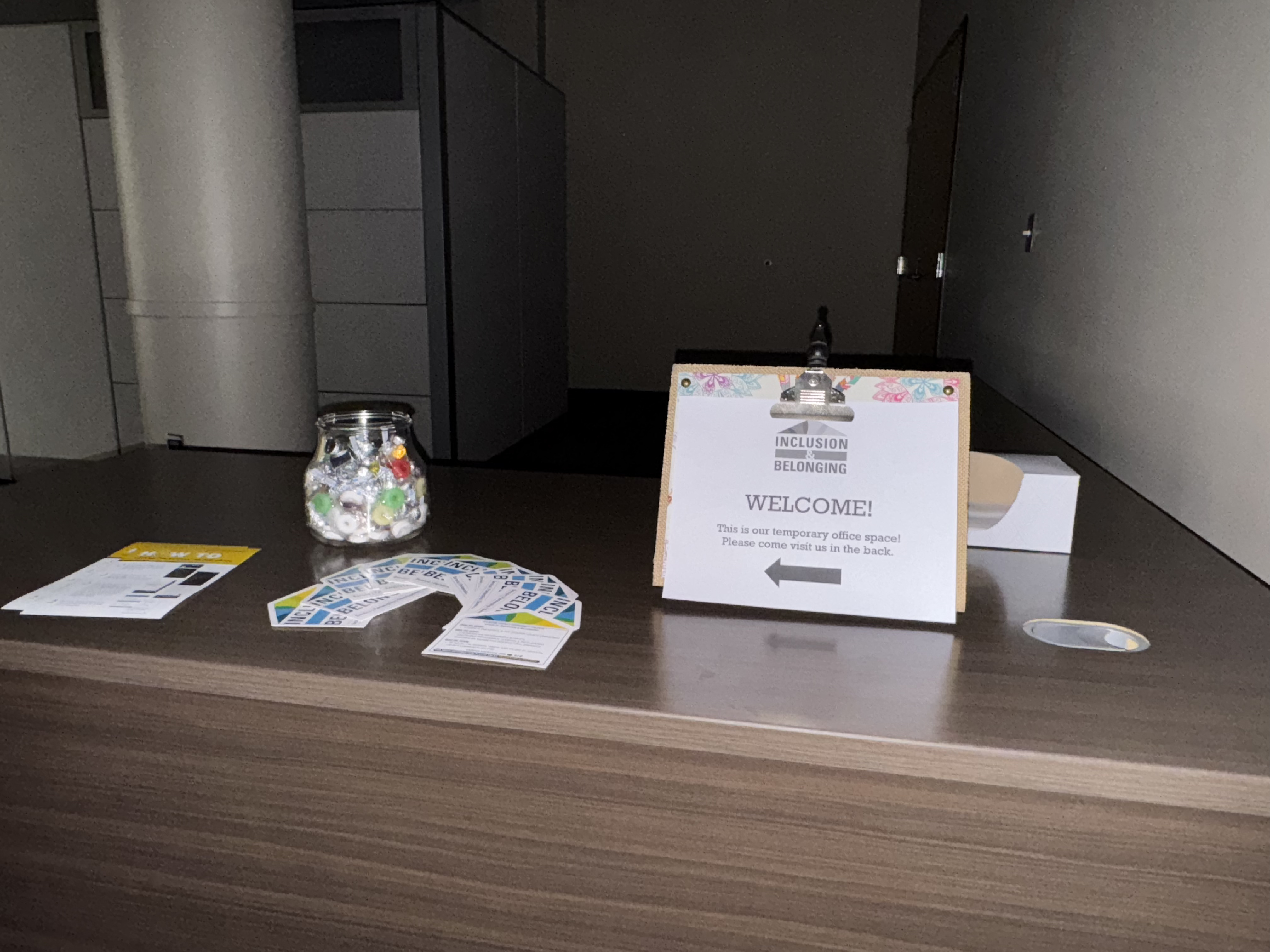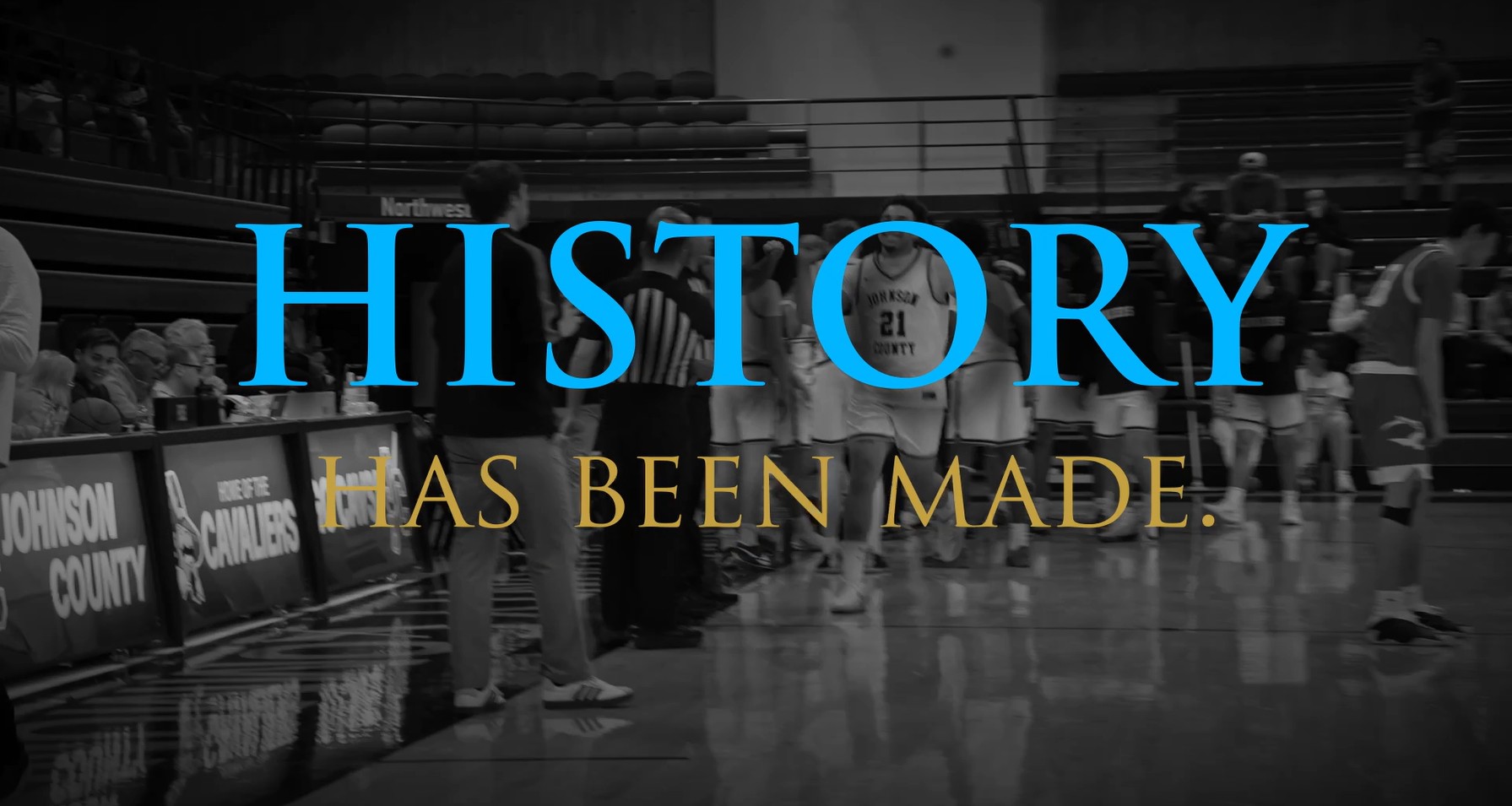(Photo by: Vaughn Wheat.)
Diversity, Equity, and Inclusion, also known as DEI, has become the new hot button topic championed by Democrats and decried by Republicans. Initiatives around the country in both the public and private sectors have been gutted, or removed all together. Recently, The Messenger reported that even here at Johnson County Community College the office of Inclusion and Belonging would be closing to abide by federal regulations established by the Trump administration targeting DEI initiatives on college campuses. With states beginning to throw their hats into the ring as well, it’s important to take a critical look at Diversity, Equity, and Inclusion policies and how they help break barriers, not reinforce them.
Although much of the recent rollback of DEI policies came after the election of President Donald Trump, the federal government has not always been the driving force behind removing DEI. In 2024, the Kansas Legislature threatened to withhold 5% of state-colleges funding if Gov. Laura Kelly vetoed legislation that would eliminate University DEI initiatives. Sponsor of the legislation, Representative Steven Howe, claimed that “colleges and universities have required students and faculty to pledge their allegiance to a politicized understanding of ‘diversity, equity and inclusion,’” calling these programs “loyalty oaths and political litmus tests.”
Many opponents of DEI tow that same line, claiming that it eliminates opportunities for those not supported by these programs. The problem with this line of reasoning is that it doesn’t actually reflect the impacts of DEI. At its core, DEI helps eliminate centuries of inequality in the workplace. DEI doesn’t destroy merit, it enhances it.
In the business world, merit-based hiring and promotions are vital for healthy and successful business, something that DEI helps enhance. According to David Glasgow, executive director of the Meltzer Center for Diversity, Inclusion, and Belonging at NYU School of Law, “in the absence of DEI efforts, humans do not make perfectly merit-based decisions.” In the absence of DEI, a meritocracy cannot exist as humans inherently fail to make decisions purely based on merit. Implicit bias will always be a factor in the business world. Moreover, Glasgow notes that “DEI supports merit-based decision-making.” DEI programs help eliminate some of the implicit bias when providing opportunities in the business world. By establishing DEI metrics and programs, talent pools are widened as opposed to forcing out those already in them.
The data collected from companies that have implemented DEI initiatives support the claim that these programs help with the health of businesses. According to Forbes, “Not having a diverse organization can pose several risks to a business’s performance, reputation and innovation.” When businesses don’t embrace a more diverse and inclusive workforce, creativity becomes limited and growth is harmed. On the other hand, DEI programs provide companies with employees from a variety of backgrounds, which enhances problem-solving, growth, employee retention, and overall quality of employment.
Despite the disagreements on the topic of Diversity, Equity, and Inclusion programs in the private sector, their necessity is paramount. Although many claim that DEI reinforces the glass ceiling, the truth is these programs shatter it for everyone. DEI helps provide opportunities to underserved communities while strengthening the business of our country, both financially and socially. By embracing the diversity of our nation and promoting inclusion and equity, we help lift others up and fight back against the injustices that harmed them in the first place.












Leave a Reply